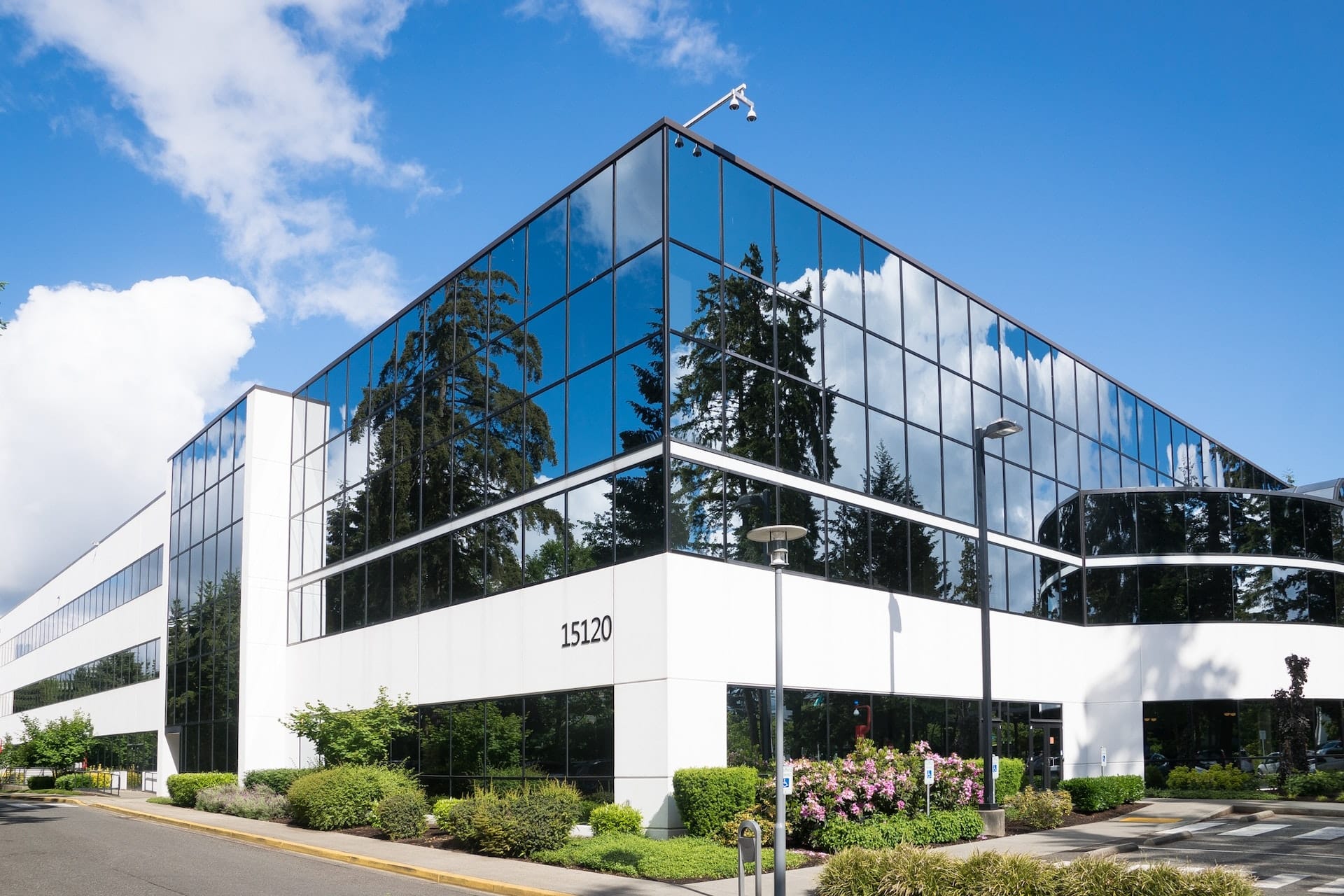Whether it is a good idea for a business to buy real estate instead of leasing will depend on the specific circumstances of the business and the property in question. Here are a few things to consider:
- Long-term needs: If a business expects to be in the same location for a long period of time, it may make more sense to buy the property rather than leasing it. This can help the business avoid the hassle and expense of moving, and can also provide a sense of stability and security.
- Cost: Buying real estate can be more expensive upfront than leasing, as it typically requires a larger down payment and closing costs. However, over the long term, owning a property may be more cost-effective than leasing, especially if the business can secure a low interest rate on a mortgage.
- Control: When a business owns a property, it has more control over the property and can make changes or improvements as needed. This can be beneficial for businesses that need to customize their space or make specific changes to the property.
- Investment opportunity: Owning real estate can also be seen as an investment opportunity, as the value of the property may appreciate over time. This can be an appealing option for businesses that are looking to diversify their investments.
Overall, whether it is a good idea for a business to buy real estate instead of leasing will depend on the business’s specific needs.
Why should you get a commercial real estate loan?
There are several reasons why a business might want to get a commercial real estate loan:
- To purchase a commercial property: A commercial real estate loan can be used to finance the purchase of a commercial property, such as an office building, warehouse, or retail space.
- To expand or renovate a business: A commercial real estate loan can be used to finance the expansion or renovation of a business’s existing property, such as by adding new space or updating the building’s infrastructure.
- To refinance an existing loan: A business might choose to get a commercial real estate loan to refinance an existing loan in order to get a better interest rate or more favorable terms.
- To diversify investments: Some businesses choose to invest in commercial real estate as a way to diversify their investments and potentially generate additional income.
Overall, a commercial real estate loan can be a useful tool for businesses that need to purchase, expand, or renovate a commercial property. It is important to carefully consider your borrowing needs and the terms of the loan before making a decision.
How do you get a commercial real estate loan?
To get a commercial real estate loan, a business typically needs to meet certain eligibility requirements and provide certain information to the lender. Here are the general steps involved in getting a commercial real estate loan:
- Determine your borrowing needs: Before applying for a loan, you should have a clear understanding of how much you need to borrow and why. This will help you determine the type of loan that is best for your business and will give you a sense of what you can afford.
- Shop around: There are many lenders that offer commercial real estate loans, and it is important to shop around to find the best deal. You should consider factors such as the interest rate, fees, and repayment terms of each loan.
- Gather required documents: Lenders will typically require you to provide a range of documentation in order to apply for a loan. This can include financial statements, tax returns, and other information about your business and the property you are looking to buy.
- Submit your application: Once you have gathered all of the required documents, you can submit your loan application to the lender. This typically involves filling out an application form and providing all of the required documentation.
- Negotiate the terms of the loan: If your loan application is approved, you will need to negotiate the terms of the loan with the lender. This can include the interest rate, fees, and repayment terms.
- Close the loan: Once you have agreed to the terms of the loan, you will need to sign the loan documents and pay any fees or closing costs. You will then receive the funds and can use them to purchase the commercial real estate property.
It is important to carefully consider all of your options and do your research before applying for a commercial real estate loan. It might be helpful to seek the advice of a financial professional or real estate lawyer to ensure that you are making the best decision for your business.
What are some types of commercial real estate lenders?
There are many commercial real estate lenders to choose from, and the best one for your business will depend on your specific needs and circumstances. Here are a few popular options to consider:
- Banks: Traditional banks are a common source of commercial real estate loans, and many offer competitive rates and a wide range of loan products.
- Credit unions: Credit unions are non-profit financial institutions that may offer lower interest rates and fees on commercial real estate loans than traditional banks.
- Online lenders: Online lenders are becoming an increasingly popular source of commercial real estate loans, and many offer competitive rates and a streamlined application process.
- Commercial mortgage-backed securities (CMBS) lenders: CMBS lenders are financial institutions that specialize in providing loans that are backed by commercial mortgage-backed securities. These loans may be available to businesses that do not qualify for traditional bank loans.
- Life insurance companies: Some life insurance companies offer commercial real estate loans as part of their investment portfolio. These loans may be available to businesses that have a strong credit history and are able to provide collateral.
It is important to shop around and compare the rates and terms offered by different lenders before making a decision. It may also be helpful to consult with a financial professional or real estate lawyer to ensure that you are making the best choice for your business.




